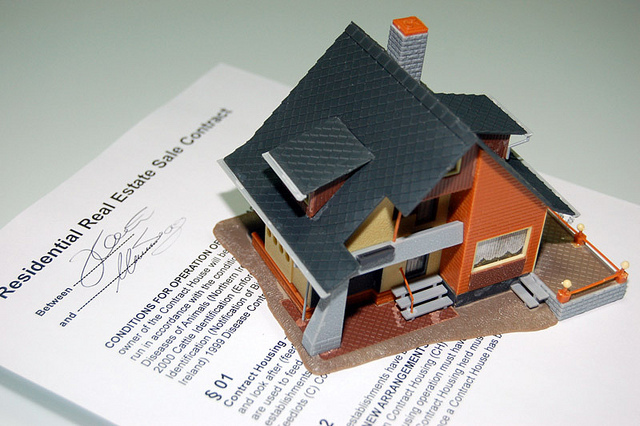The primary distinction between property and premises is that property refers to anything owned by an individual or an entity, while premises refer to land and the buildings on it. Property can be tangible, intangible, movable, or immovable, while premises usually refer to a building and the surrounding land, which is considered tangible and immovable property.
Key Takeaways
- Property encompasses anything owned by a person or entity, including tangible, intangible, movable, or immovable assets.
- Premises specifically refer to land and the buildings on it, as well as other structures, and are considered tangible and immovable property.
- In real estate, the terms property and premises are often used interchangeably, but premises typically refers to the specific portion of the property that is the subject of a lease or sale.
What Does Property Mean?
Property refers to anything owned by a person or entity, including money, land, buildings, and other tangible items of value, as well as intangible items that can be considered a source or element of income or wealth. There are two main types of property: personal property and real property. Real property includes land, buildings, growing plants, and other fixtures, which are all immovable property. Personal property encompasses all movable property, such as machinery, goods, animals, stocks, bonds, and intellectual property.
Different types of property include common property (owned by more than one person), community property (joint ownership between spouses), public property (owned by a government body), and commercial property (buildings or land intended to generate profit).
What Does Premises Mean?
In legal terms, particularly in real estate, premises refer to land and the developments on it, such as buildings, stores, shops, or other designated structures. The word premises has historically been used in legal documents and contracts to refer to “matters previously stated.” In real estate deeds, premises are the first part of the contract that contains the names of the grantor and grantee, as well as the specifications of the property. People began to use the word premises to refer to the property described, which is how the word came to be used in the context of real property.
What is the Relationship Between Property and Premises?
Premises are used in the context of real property, as they are associated with tangible and immovable property. These two terms are often used interchangeably in real estate.
What is the Difference Between Property and Premises?
The key difference between property and premises is that property refers to anything owned by a person or entity, while premises refer to land and buildings and other structures on it. Property can be tangible, intangible, movable, or immovable, while premises refer to tangible and immovable property. In real estate, property refers to the entirety of the land, buildings, structures, machinery, equipment, etc., owned by the landowner. However, premises refer only to the portion of the property and/or components of it that are the subject of a lease or sale. This is another difference between property and premises.
Summary – Property vs Premises
Property essentially refers to anything owned by a person or entity, whether tangible, intangible, movable, or immovable. Premises, on the other hand, refer to tangible and immovable property. This is the key difference between property and premises. In real estate, the two words property and premises are often used interchangeably.
